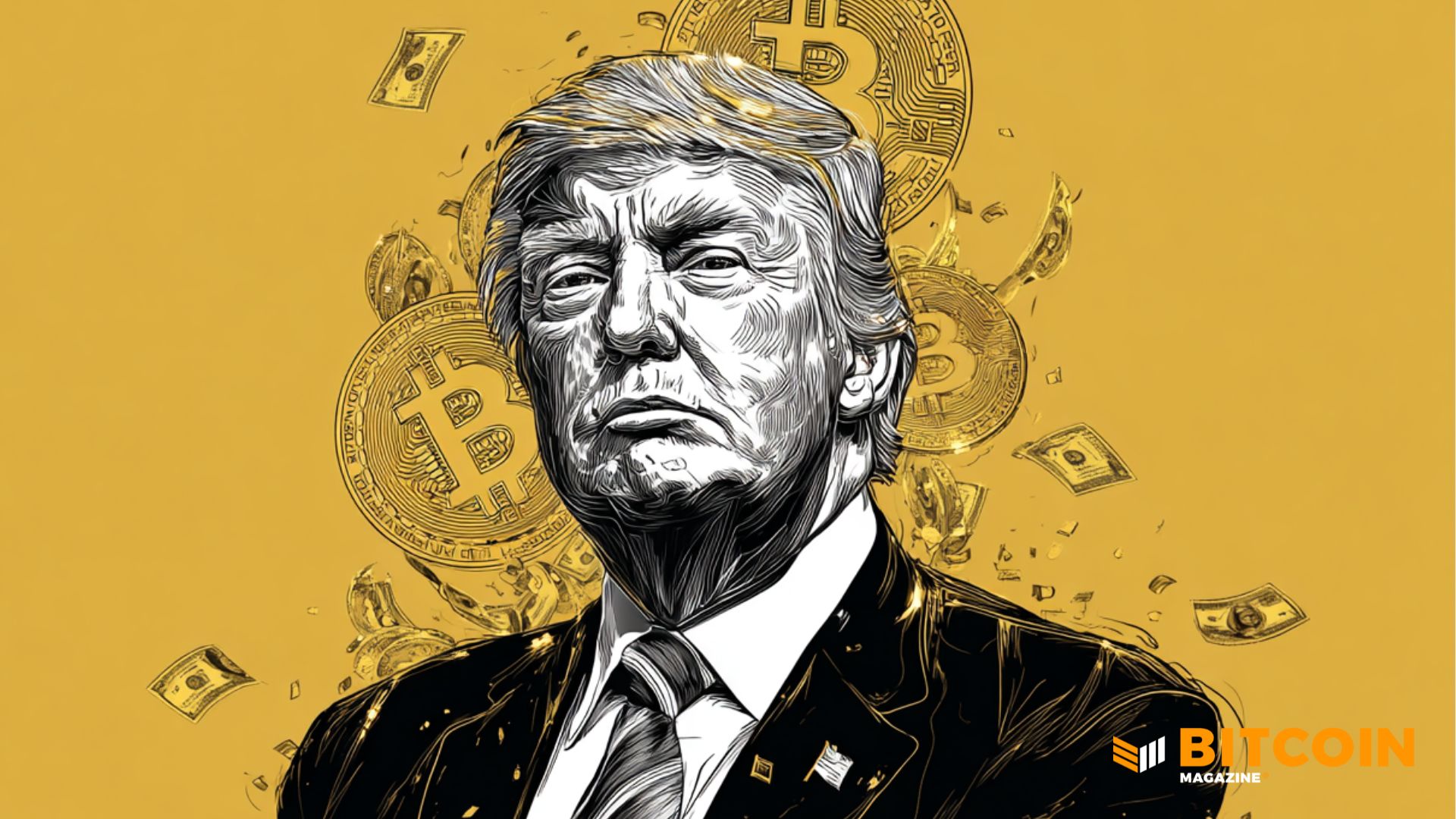The Government's Insatiable Hunger for Your Money
The government wants your money—it will do anything to get it. From wasteful spending and cronyism to military expenses and secret agencies, taxpayers are footing the bill for a system that benefits the corporate elite while leaving many struggling to make ends meet.
The Digital Dollar: A New Tool for Control
Enter the digital dollar. Whether it's the central bank digital currency backed by President Biden or the cryptocurrency promoted by former President Trump, both are designed to facilitate government control over finances. This digital currency will enable the government to track, control, and punish citizens more effectively.
Surveillance and the War on Cash
The push for a digital currency is part of a broader war on cash, framed as a fight against crime and evasion. Economists like Steve Forbes argue that this is a power grab by the government, reducing privacy and allowing for greater surveillance of individual transactions.
The Risks of a Cashless Society
Transitioning to a cashless society means that every transaction can be monitored and controlled, making it easier for the government to crack down on activities it disapproves of. The potential for hacking, manipulation, and even confiscation of funds poses serious risks to individual freedoms.
The Reality of Digital Authoritarianism
With the rise of digital currency comes the potential for digital authoritarianism, where government control over finances translates to control over personal freedoms. Citizens face vulnerabilities not only from hackers but also from government agents who may misuse their access to digital wallets.
The Need for Protection
To combat these threats, we need stricter laws on data privacy and a proposed Electronic Bill of Rights to safeguard citizens against invasive surveillance practices. This is essential to ensure that our rights and freedoms are not compromised in the name of convenience and security.






Comments
Join Our Community
Sign up to share your thoughts, engage with others, and become part of our growing community.
No comments yet
Be the first to share your thoughts and start the conversation!